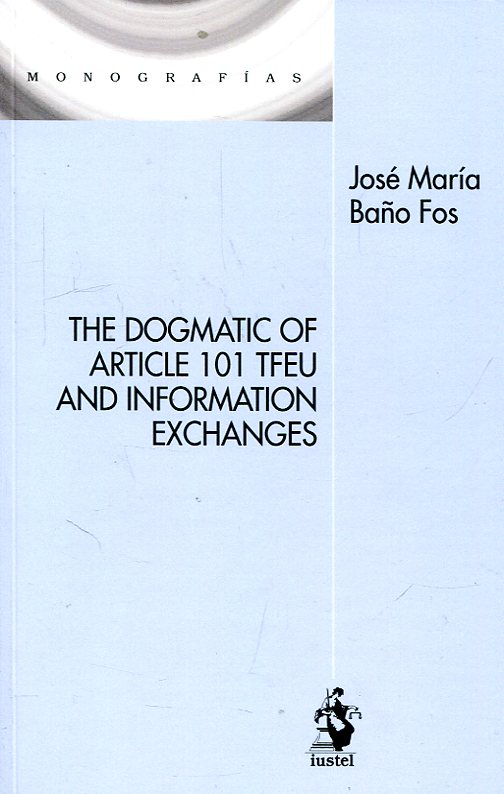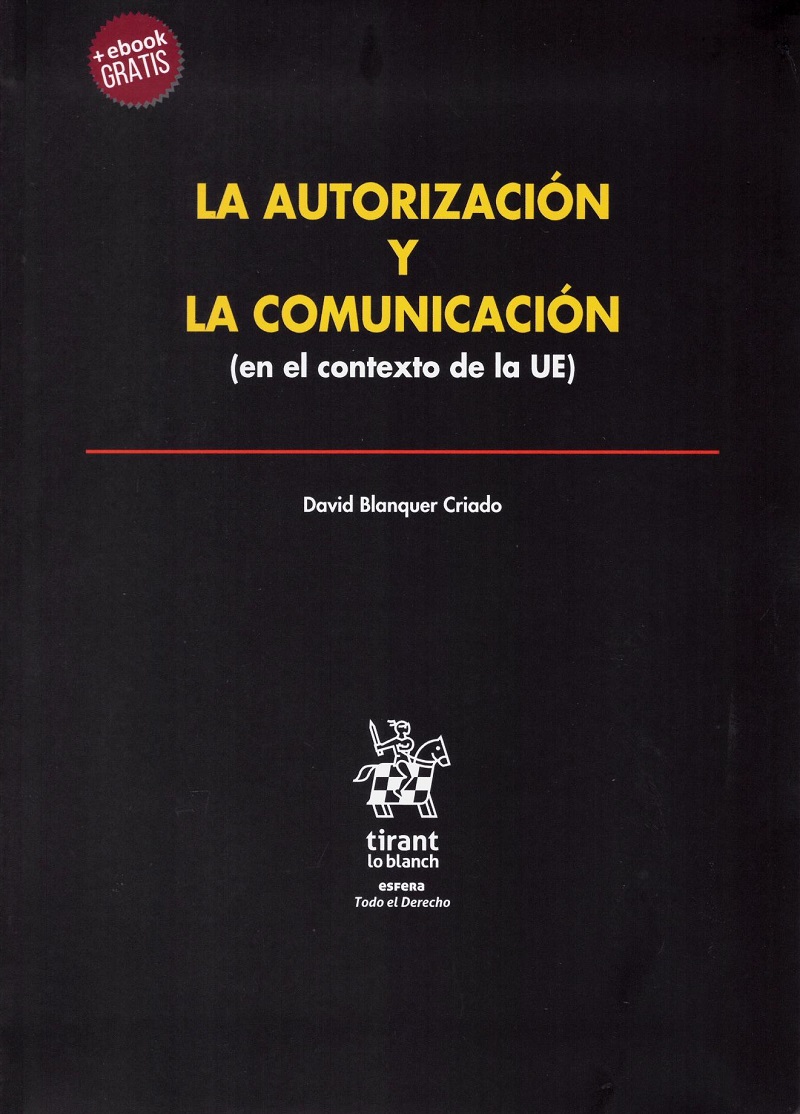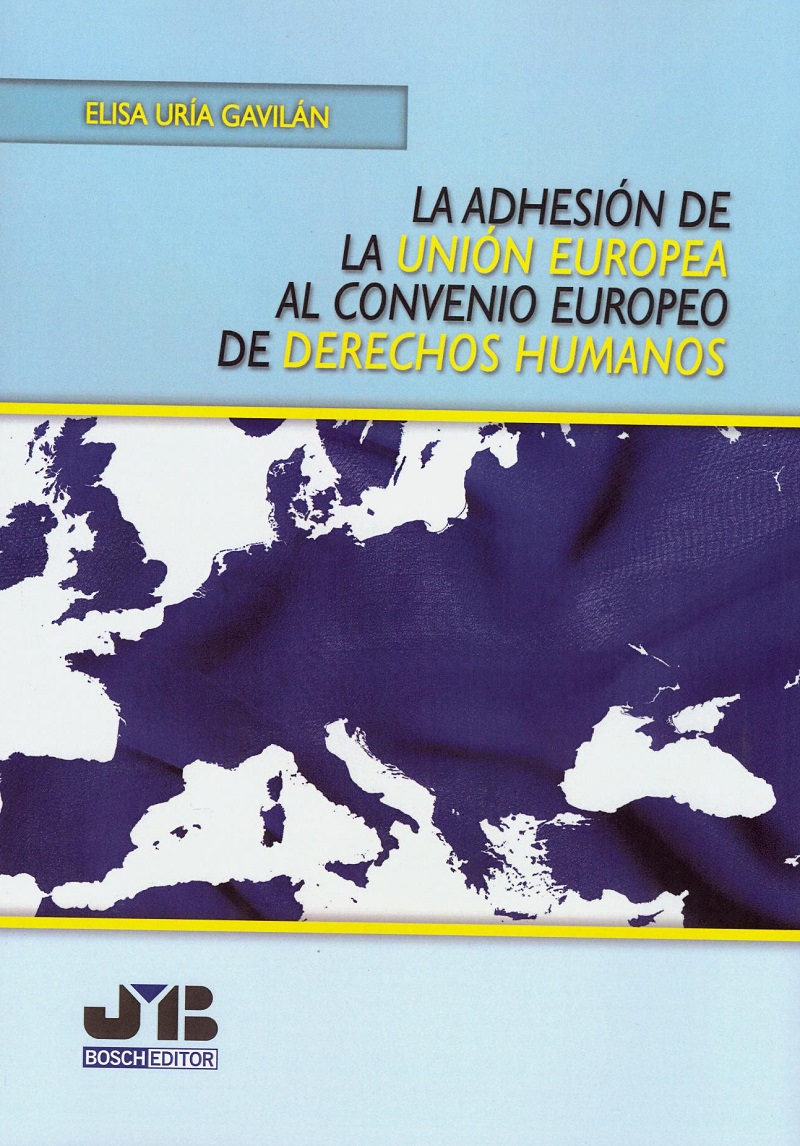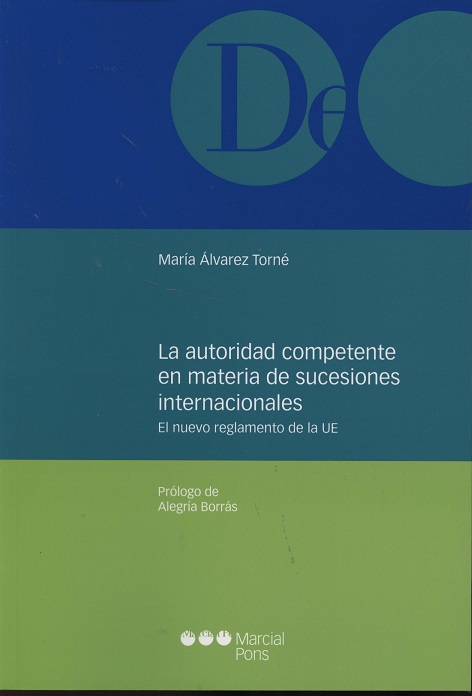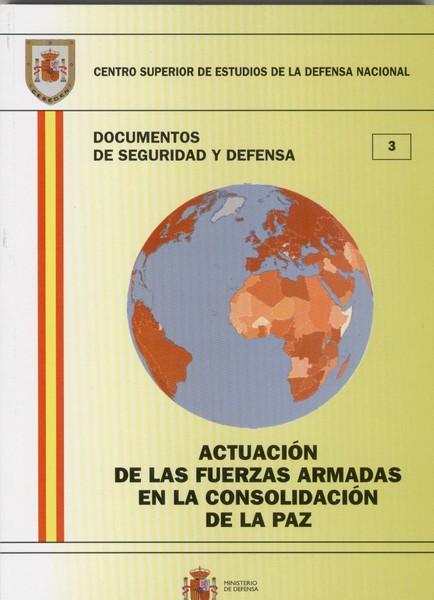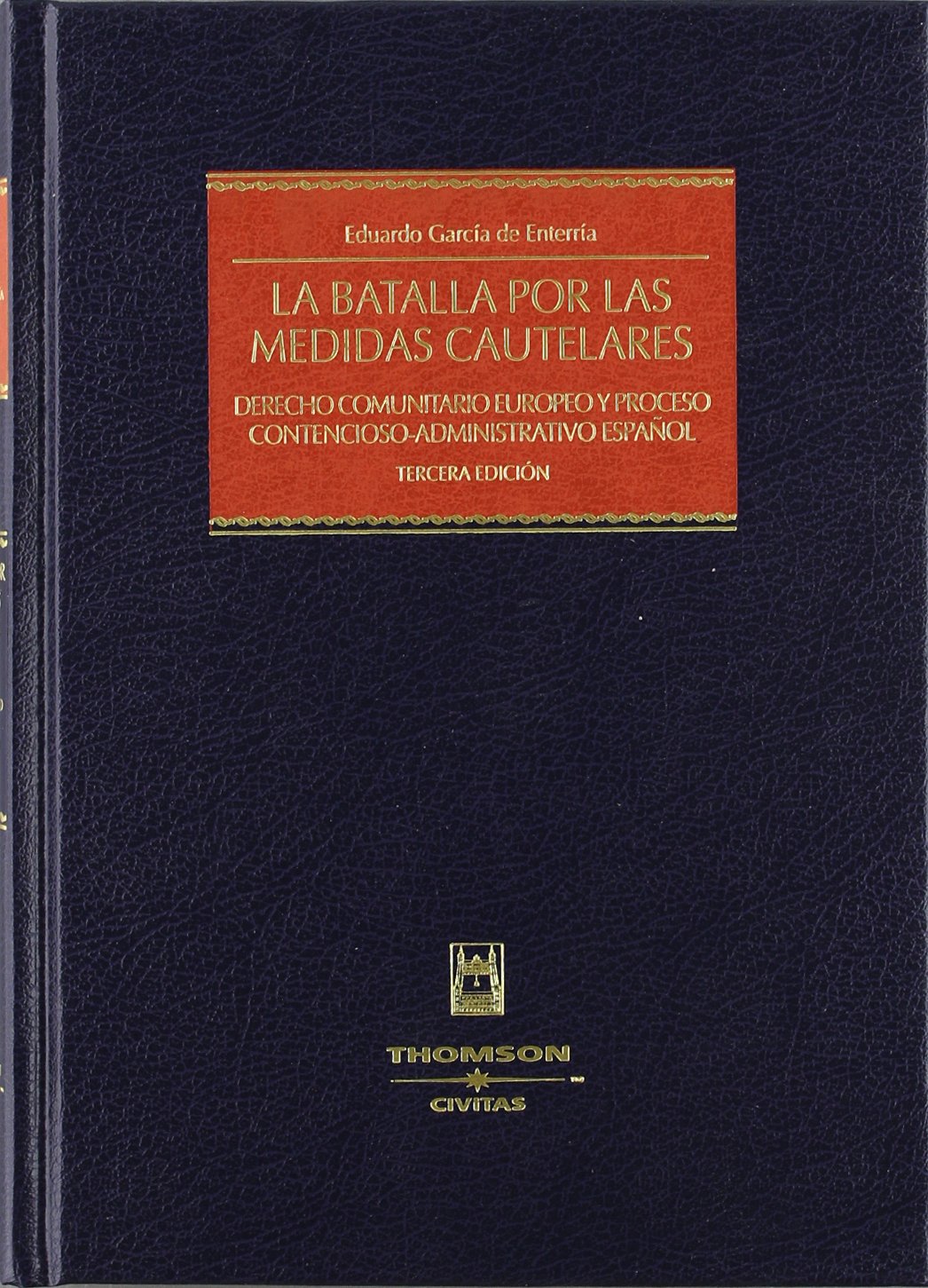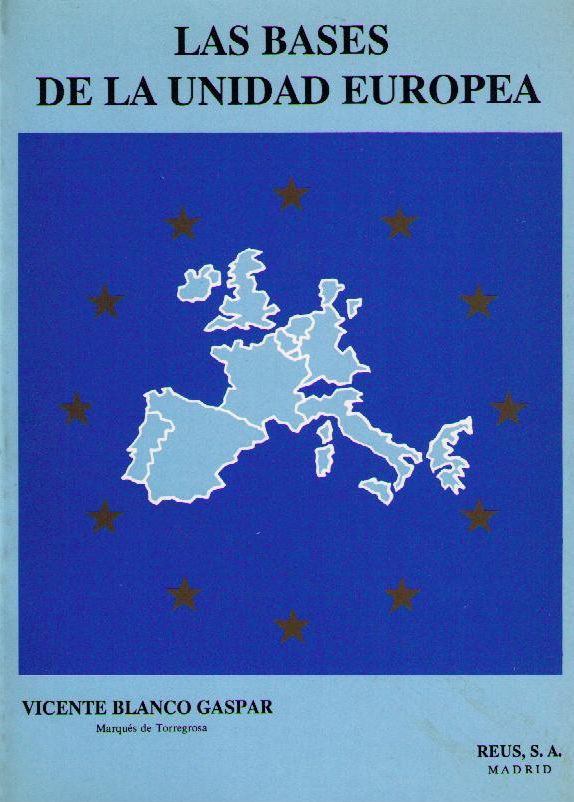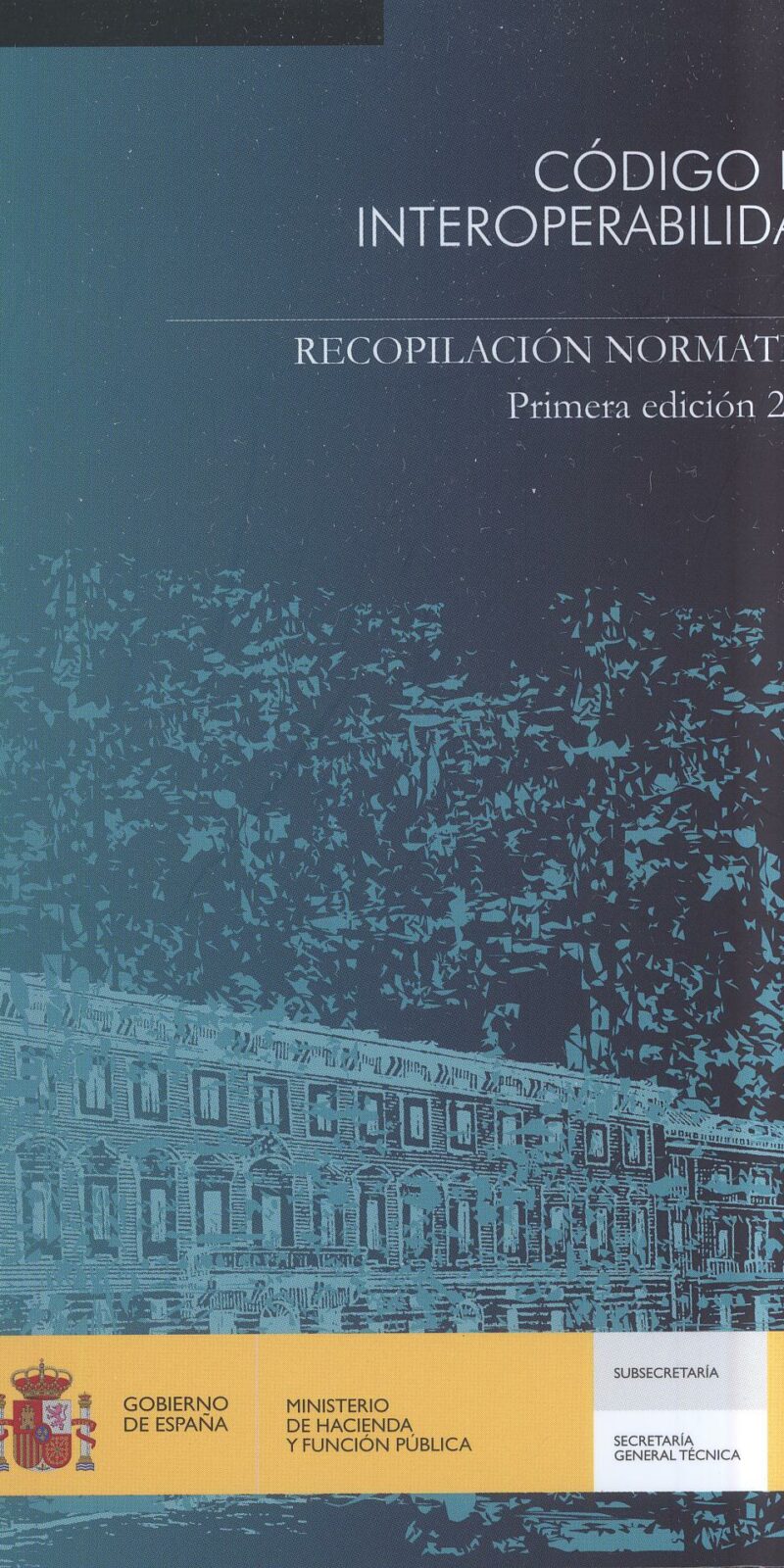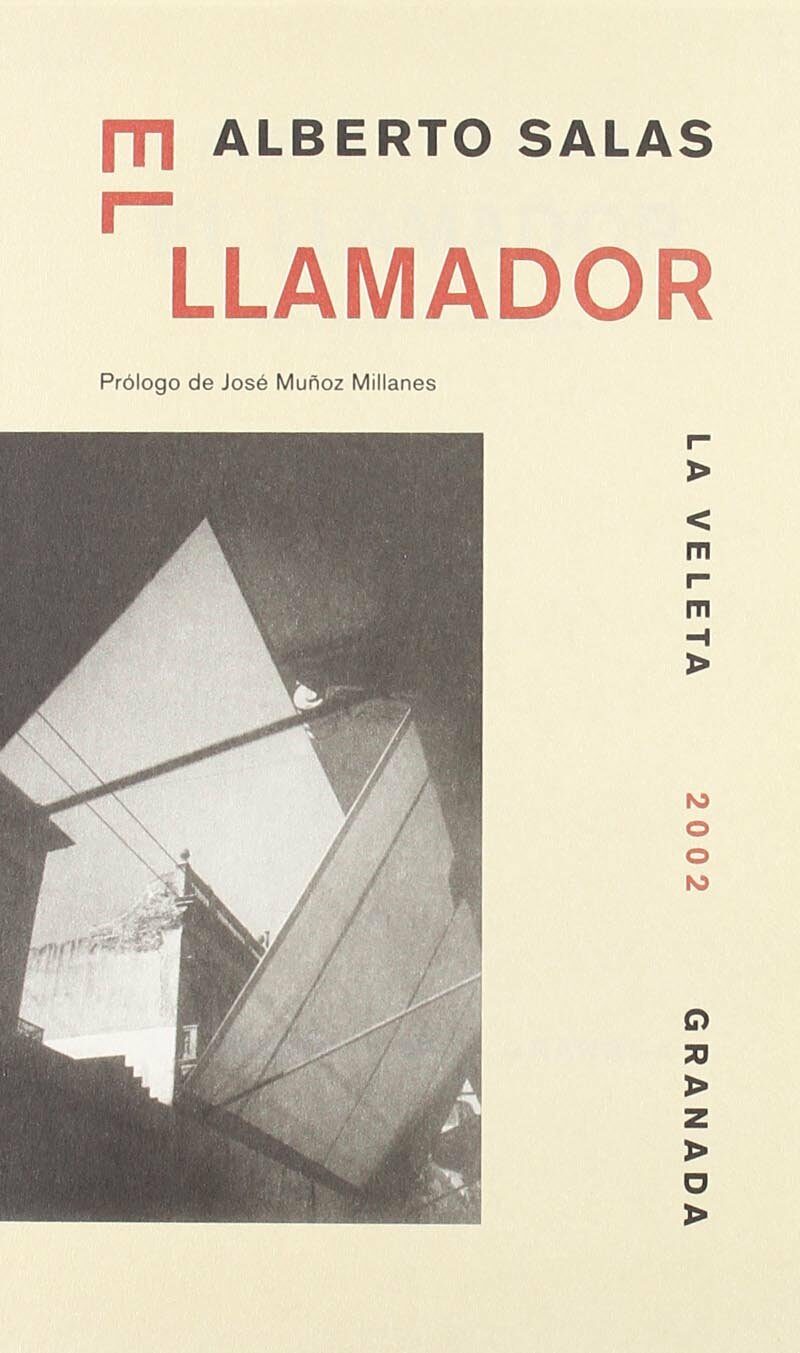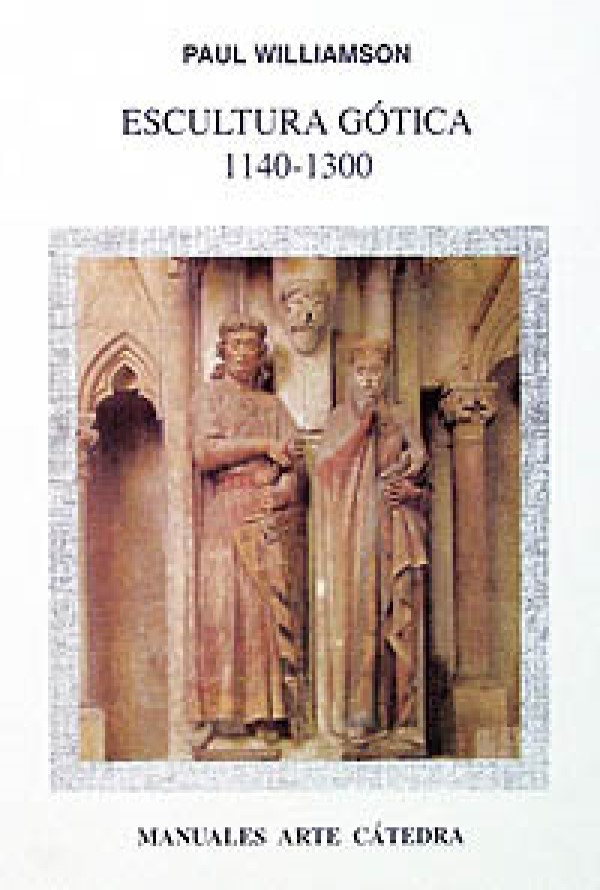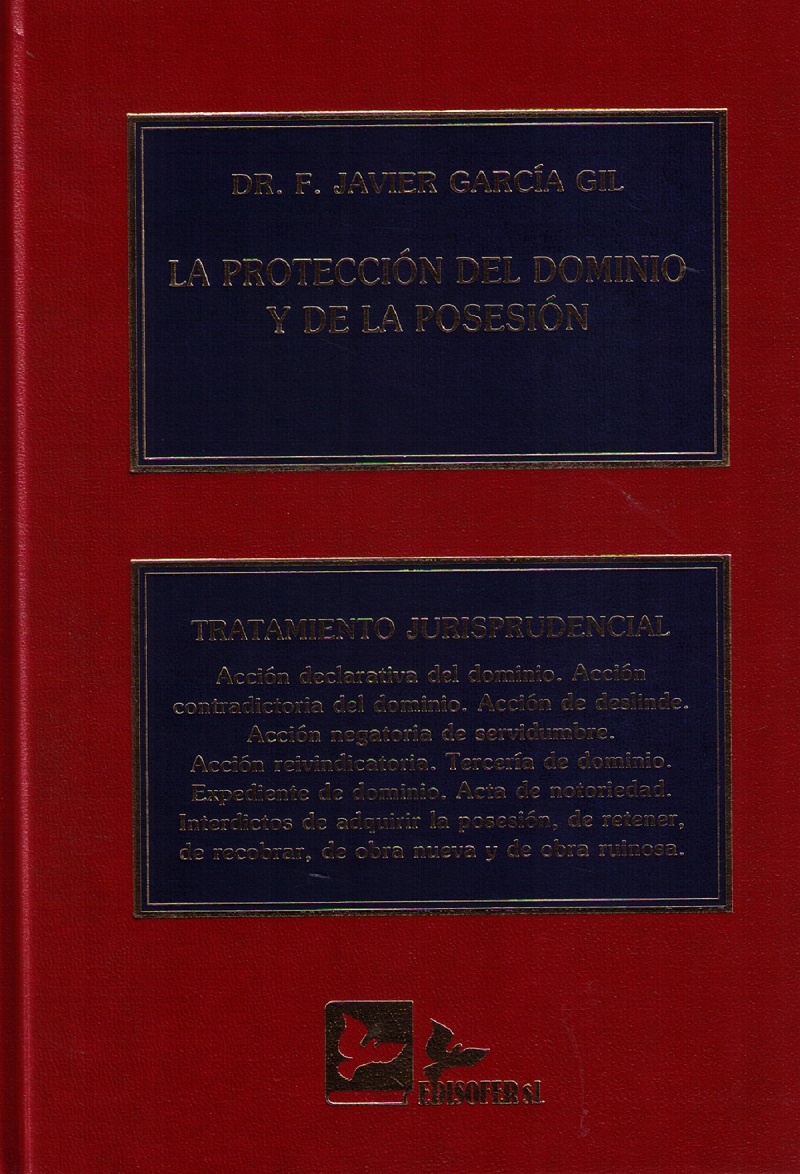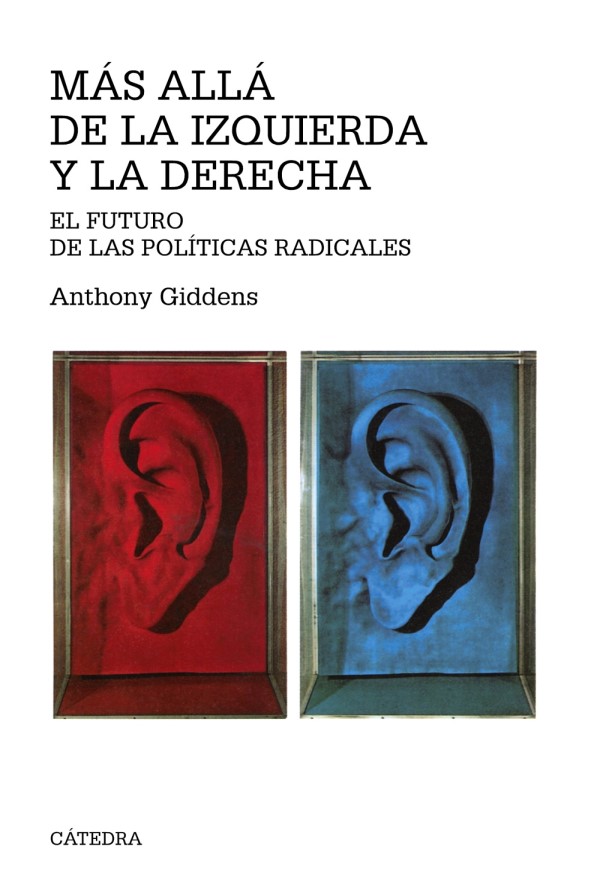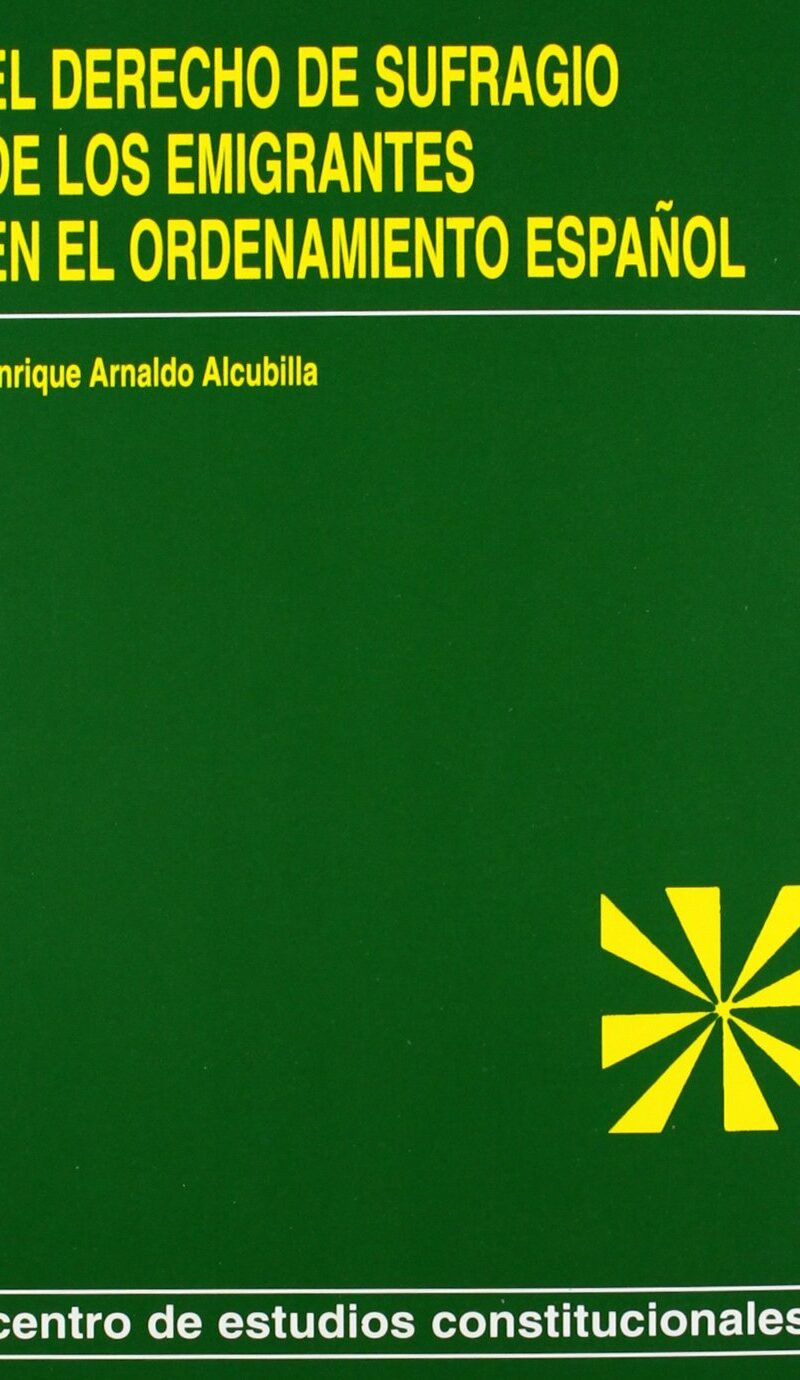The Dogmatic of Article 101 TFEU and Information Exchanges
Information exchanges are at the heart of most European and national invstigations nowadays.In fact, they cover a substantive part of the Commission’s Guidelines on Horizontal
Cooperation.However, the development of such an infringement has come at the expense of legal certainly as it implies, de facto,redrawing the red lines that safeguard Article 101 TFUE.
By punishing this behavior as a «self-sanding» infringement, the área of protection of Article 101TFEU is existence of a cartel, it suffices to show that the Exchange (or disclosure)
could most logically end up in a cartel, for the practice tob e prohibited and punished.
The Dogmatic of Article 101
This raises several questions that this book seeks to answer: is thre an economic basis for such a conclusión?
If so, does this infringement fit within the wording and purpose of Article 101 TFEU? And ultimately, as with any other infringement, how can we avoid commiting type –
mistake while ensuring the effectivity of Article 101 TFUE?.
Addressed towards practitioners and scholars this book provides a useful toolkit for analyzing information exchanges and their likelihook to carry out a fine while, at the same time,
develops a systematic analysis on the legal nature of Article 101 TFEU
Derecho Administrativo: Fundamentos, Fuentes Sujetos y potestades

- Doctor en Derecho por la Universidad Autónoma de Madrid
- Máster en Leyes por Fordham University School of Law (becario Fundación Caja Madrid)
- Licenciado en Derecho por la Universidad de Valencia (premio extraordinario).
-
Áreas de práctica
José María está especializado en contratación pública, regulación administrativa y litigios complejos.
Tiene formación en Derecho de la Unión Europea y Derecho de la competencia y colabora habitualmente con el departamento de Derecho
de la competencia en cuestiones contenciosas.
Carrera
Jose Maria se incorporó a José María Baño León Abogados en 2012 procedente de Cleary Gottlieb donde trabajaba como asociado especializado en derecho de la competencia.
Con anterioridad, José María trabajó en el despacho Pérez-Llorca en Madrid en los departamentos de Derecho Mercantil y Derecho de la Unión Europea.
José María Baño Fos se licenció con honores en la Universidad de Valencia (LL.B) y en la Fordham University (LL.M.),
donde recibió una beca completa de matrícula y alojamiento de la Fundación Caja Madrid. Es doctor por la Universidad Autónoma de Madrid.
Membresías Profesionales
José María Baño Fos está colegiado en Madrid desde 2008 y en Nueva York desde 2009, y compagina su práctica privada con su puesto académico
en el Instituto de Empresa de Segovia.
Publicaciones
José María escribe frecuentemente sobre derecho administrativo y regulación local en la revista CUNAL y ha escrito varios artículos sobre la intersección
entre el derecho de la competencia y la regulación.

